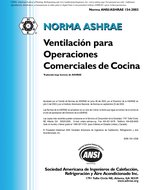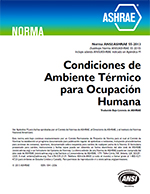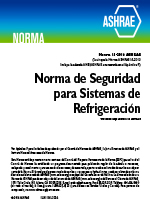Description
The particle counts inside a cleanroom have to be kept as low as possible to ensure product reliability. The contamination of even submicron-size particles can lead to a total failure of a complete production process. In optical fabs, where the production and assembly of cellphone cameras are conducted, there are vital particle problems, about particles leaking into the process and scratching surfaces. The laminar airflow (LAF) is essential in the ventilation system to produce ultraclean air and prevent contamination-carrying particles, reducing particle sedimentation effectively. This investigation was carried out numerically by computational fluid dynamics (CFD) to demonstrate the airflow parallelism to achieve better design strategies. Four case studies have been proposed, which include the baseline case as the existing field test with the supply air velocity at 0.46 m/s, reducing the velocity to 0.35 m/s, increasing the perforated floor opening area by 50%, and arranging the perforated raised floor. The results revealed that the velocity of supply air at 0.46 m/s increases the deflection angle of the airflow parallelism higher than the supply air velocity at 0.35 m/s. Increasing the perforated floor opening rate to 50% indicates a similar result to the existing design. Aside from other cases, arranging the perforated raised floor presents a lower deflection angle. It potentially maintains the LAF to carry out the uniform velocity along with a parallel flow pattern. This design has the potential to be improved, and with a uniform airflow, it has the potential to minimize particles.
Product Details
- Published:
- 2023
- Number of Pages:
- 8
- Units of Measure:
- Dual
- File Size:
- 1 file , 5.1 MB
- Product Code(s):
- D-AT-23-C065
- Note:
- This product is unavailable in Russia, Belarus




